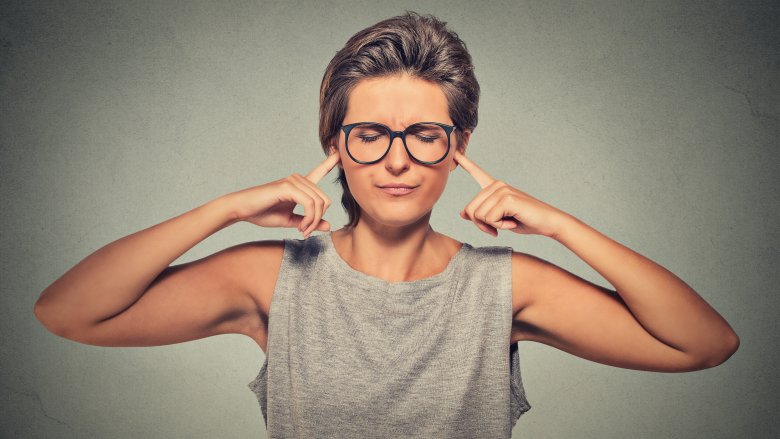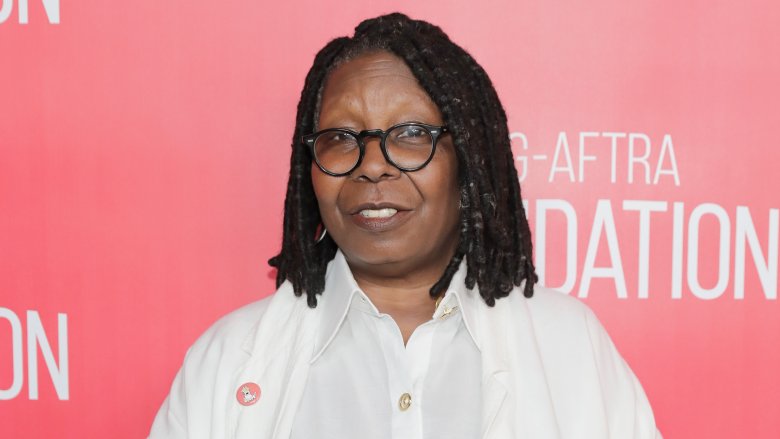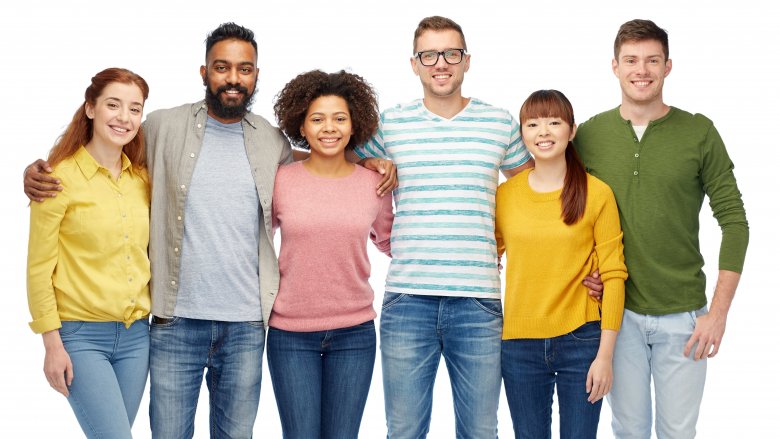How "Fake News" Has Changed Our Discussions
We've all heard the term "fake news" but how often do we actually stop to think about how this has affected our everyday lives?
As a social sciences professor, I've seen how this has caused my students to struggle with knowing where to find information. After seeing how it has affected discussions between them, I've put an extra emphasis on how to determine whether a source is reliable.
It's one thing to witness this phenomenon in the classroom, where I can mediate conflicts and provide guidance. It's another when it happens in my personal life where I, often, feel helpless and discouraged. I'm sure many of you can relate so let's take a moment to talk about how "fake news" has changed our lives.
Our strongest opinions may be based on lies
If you've ever been caught up in an argument, whether in-person or online, chances are you felt pretty confident in your opinion. The thing is, though, that in this political climate — where different outlets present the facts in certain ways — our position may not represent the actual truth.
An analysis performed by Buzzfeed after the 2016 Presidential Election showed that viral fake news actually outperformed real news in terms of user engagement on Facebook. This means that people were sharing and forming opinions (and maybe even voted) based on untrustworthy information.
The Wall Street Journal created "Blue Feed, Red Feed," a site where people can choose from a variety of topics (including healthcare, guns, and abortion) and see how these issues are represented in the Facebook feeds of people from differing perspectives. It's amazing to see how much of a partisan spin can exist. For this reason, it's important to check and double-check your information before jumping to conclusions.
It causes unnecessary fights
When people base their opinions on information that is demonstrably false, conflict arises for no good reason. Any arguments, actions, or movements associated with this untruth is not only harmful but unnecessary. It's a fight where there really didn't have to be one.
That's the point of "fake news," though. It is meant to be inflammatory so that those pushing it can sell more papers and get more traffic to their site. It's unfortunate, but not a surprising business strategy.
When people believe it, though, and our political stance is shaped by it, we become more divided. We need only glance down at our phones to know that, around the world, our global society is in crisis. Poverty, war, and terrorist attacks are shaping our realities. We don't need any more reasons to be fighting — especially, due to manufactured news stories.
It warps our personal reality and outlook on life
Let's say we only read news from a single source and, without us realizing, it happens to paint events in a certain light. Our opinions and beliefs will be shaped by the reality created by that particular outlet. This, as Eli Pariser explains, is called a "filter bubble," since we might tailor our online experience to our personal tastes but risk not being "exposed to information that could challenge or broaden our worldview."
If we are being conditioned based on our decision to consult very limited media outlets, we might only be able to relate to and agree with those who also get their information from the same source. That's not a very balanced way to live, think, or interact with those around us.
Here's an example to illustrate the point. If you only go to one Indian restaurant, you will only be familiar with its menu. Unbeknownst to you, they've left out an entire preparation style because they couldn't afford the equipment. When a friend says they are craving a certain dish that you've never seen offered at your favorite spot, you are taken aback, surprised that you've never even heard of it. By only frequenting one Indian restaurant, you limited your knowledge to what actually exists. The same is true of the news we read.
It hurts people
While they may have caused some hurt feelings and arguments in your life, fake news reports have destroyed people's actual lives. It's more than just a punchline on a comedy show. For example, in March 2017, an image graphic began circulating on social media claiming that Whoopi Goldberg said that Gold Star widows were "just looking for attention" and "love their 15 minutes in the spotlight." The "story," which was proven false by Snopes, originated from an article published by The Underground Report after President Donald Trump saluted a widow of a Navy Seal who had been killed in combat.
Of course, this sparked outrage and Goldberg, a host on The View, said that the false rumor "endangered my family's life, it endangered my life." In addressing The Underground Report, she added, "if you're going to involve someone in fake news, you should have their permission. You cost me money because I had to protect my family."
Since then, The Underground Report has added the following to the bottom of their website: "Underground News Report is a news and political satire web publication, which may or may not use real names, often in semi-real or mostly fictitious ways. All news articles contained within Undergroundnewsreport.com are fiction, and presumably fake news."
While it's unfortunate for Goldberg, in many ways she's lucky because she has the money and platform to clear her name.
It's hard to correct misleading claims
Once something spreads, it can be very hard to change people's minds. A study conducted at Dartmouth found that, even when presented with facts and evidence, "many citizens seem unwilling to revise their beliefs in the face of corrective information, and attempts to correct those mistaken beliefs may only make matters worse." That's right — even when some discover that they have been wrong, many will refuse to accept it.
We have to be open to new information and willing to consider it, even if it goes against what we want to be true. I recently commented on a story and began to share my opinion. Not only was I blocked before I could elaborate (a first for me!) but my limited, out of context words were shared to paint my opinion in a certain light and promote this stranger's agenda. As confrontations with their followers ensued, I tried to explain that my words were being misconstrued but I quickly realized that nothing I said mattered because these people had made up their minds, based on what was first shared. It's a horrible, sinking feeling to be misrepresented, knowing that nothing can be done to fix it.
Sadly, this is not an isolated situation. I see it happen to others all the time. For this reason, it's so much more important to remember that even the most well-intentioned people and news sources can make mistakes.
It's caused a mistrust for all media
Even if we can collectively agree that the media can be very misleading and dangerous, we still need some way to get information. When you cast a shadow of doubt on all outlets, it can leave people wondering if they can trust anything.
It's true that, for the most part, you can avoid checking on the news and go about your day, but what if there is something important, on a local or global level, that requires your attention? By lumping everything together and labeling what we don't like as "fake news," we put ourselves at risk.
My suggestion is to check multiple news sources when verifying the accuracy of a story. There are sites such as AllSides.com that claim to share stories from the left, center, and right in an attempt to avoid presenting information in a biased way. It's terrible that we have to even worry about honesty from the media but that's the world we are all currently living in.
It has had near-fatal consequences
Since fake news makes its rounds by being inflammatory, it's no surprise that it usually elicits a highly emotional response from readers. It's also no surprise, therefore, that this has led to some very dangerous situations.
For example, after reading that Hillary Clinton was leading a child-abuse ring based out of the Comet Ping Pong pizza restaurant in Washington, DC, a father of two, armed with a rifle and handgun, fired into the eatery. Thankfully, no one was hurt but, "Pizza Gate," as it's since been called, is an example of how viral online claims can lead to real-life nightmares.
It must be noted, however, that after this incident occurred, several outlets debunked the child-ring story but that hasn't stopped conspiracy theories surrounding it from continuing to grow and spread.
Don't be part of the problem
It's tempting to react emotionally, especially in this current climate. There's absolutely nothing wrong with being passionate, but we should never let that cloud our judgment or impair our willingness to search for more information.
It's hard, but that also requires us to put in a greater effort to actually listen to each other. If someone is saying something that you believe to be false or you disagree with, it's become too common for us to block and shut these people out before a conversation has even taken place. While you certainly don't need to put up with abuse or threats, finding a way to communicate and share information is the only way we are going to grow together as a society.
Even if someone is completely wrong about something, don't discount them — view them as a fellow human being, trying to navigate their way through the craziness. Make a choice to be patient. Educate others about what you know and be willing to learn from them in return. You might be surprised by how similar we are underneath the divisive rhetoric.
Maybe the huge chasm between us is actually just "fake news." I'd like to think so.








